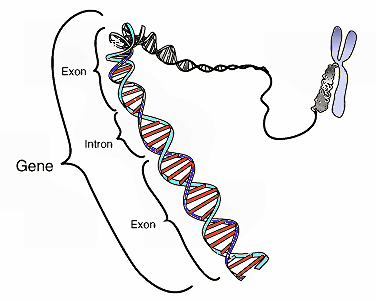July 14, 2015 report
Rsu1 gene linked to regulation of alcohol consumption

(Medical Xpress)—A large team of international researchers has found a link between the Rsu1 gene and the degree of impact of alcohol consumption on both fruit flies and humans. In their paper published in Proceedings of the National Academy of Sciences, the team descries studies they carried out on both fruit flies and humans and why they believe their findings may help prevent alcohol abuse.
For many years anecdotal evidence has suggested a hereditary component in alcoholism, children of alcoholics appear to be more at risk than do other children. In this new effort, the researchers sought to discover the actual genes that might be involved. They started by studying the impact of alcohol on fruit flies. They found that the insects were impacted in much the same way as humans, small amounts led to increased activity, reduced coordination, etc. while higher amounts put them to sleep. The flies also demonstrated addiction type symptoms. Intrigued, the team looked at the flies genome and discovered that the amount of a certain protein produced in response to the Rsu1 gene, appeared to control the degree of impact of alcohol on the flies. They also found that modifying protein production tied to the gene caused the flies to be less impacted by alcohol ingestion and actually appeared to make the drug less desirable to them.
Next, the researchers looked at humans, because we too have the Rsu1 gene. They enlisted the assistance of approximately 1,400 non-addicted adolescents—brain scans revealed the degree of excitation when alcohol was introduced in its reward centers. By comparing the degree of excitation with their history of drinking the researchers were able to link drinking habits to the degree of impact of the Rsu1 gene—those that were less impacted by the gene tended to drink less, which suggests that suppressing the gene in humans, as with the flies, could possibly help prevent developing an alcohol dependency. The researchers also looked at adult medical records and concluded that the Rsu1 gene appears to have an impact on lifelong drinking habits.
Creating a drug that causes changes to our genes is not practical for use on the general public, of course, thus research in the future will likely center on ways to modify the proteins that are produced due to the Rsu1 gene, as a means of treating alcohol abuse.
More information: Rsu1 regulates ethanol consumption in Drosophila and humans, Shamsideen A. Ojelade, Proceedings of the National Academy of Sciences, DOI: 10.1073/pnas.1417222112
Abstract
Alcohol abuse is highly prevalent, but little is understood about the molecular causes. Here, we report that Ras suppressor 1 (Rsu1) affects ethanol consumption in flies and humans. Drosophila lacking Rsu1 show reduced sensitivity to ethanol-induced sedation. We show that Rsu1 is required in the adult nervous system for normal sensitivity and that it acts downstream of the integrin cell adhesion molecule and upstream of the Ras-related C3 botulinum toxin substrate 1 (Rac1) GTPase to regulate the actin cytoskeleton. In an ethanol preference assay, global loss of Rsu1 causes high naïve preference. In contrast, flies lacking Rsu1 only in the mushroom bodies of the brain show normal naïve preference but then fail to acquire ethanol preference like normal flies. Rsu1 is, thus, required in distinct neurons to modulate naïve and acquired ethanol preference. In humans, we find that polymorphisms in RSU1 are associated with brain activation in the ventral striatum during reward anticipation in adolescents and alcohol consumption in both adolescents and adults. Together, these data suggest a conserved role for integrin/Rsu1/Rac1/actin signaling in modulating reward-related phenotypes, including ethanol consumption, across phyla.
© 2015 Medical Xpress



















